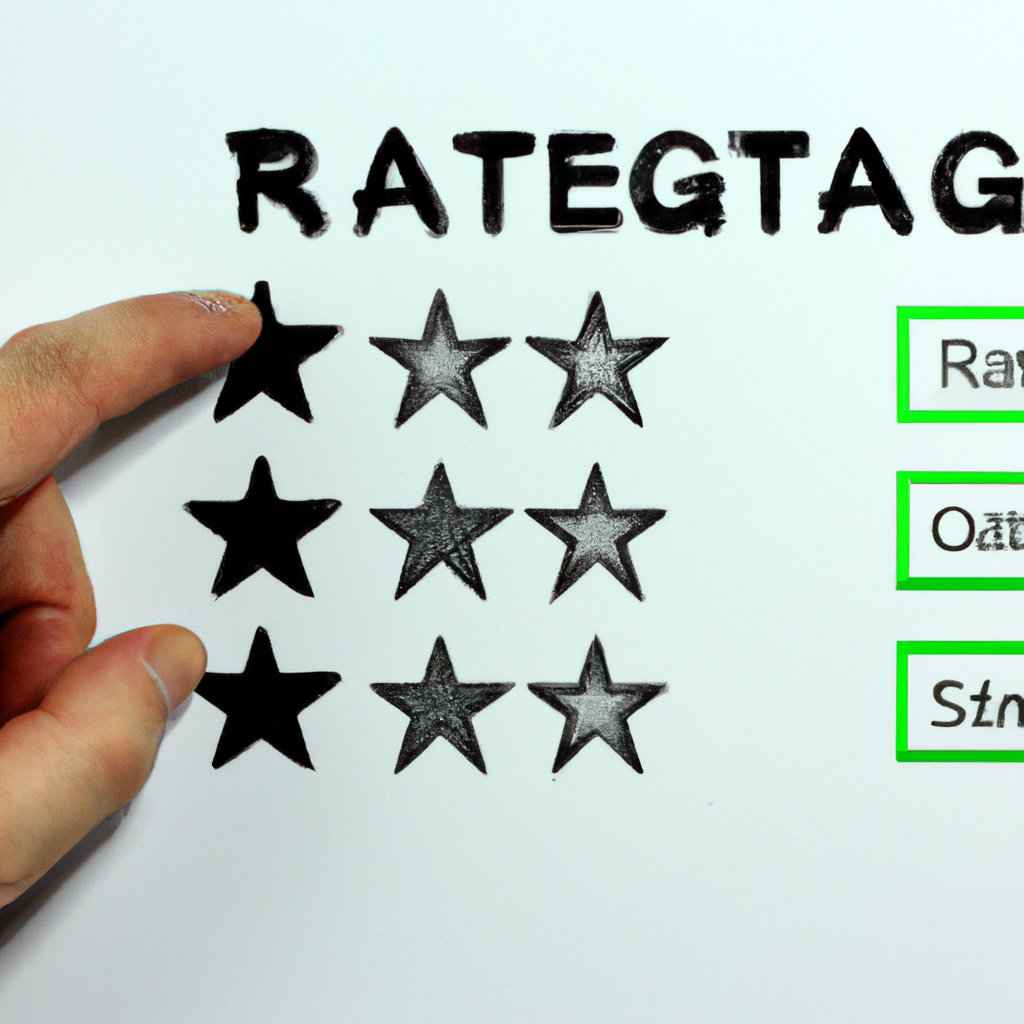Rating System for Brokers: A Comprehensive Guide
When it comes to choosing a broker for your investment needs, it’s crucial to make an informed decision. With the abundance of options available in the market, it can be overwhelming to determine which broker is the most reliable and trustworthy. This is where a rating system for brokers comes into play. In this article, we will delve into the importance of a rating system and how it can assist you in selecting the right broker for your investment goals.
Understanding the Need for a Rating System
Brokers play a crucial role in facilitating financial transactions and providing investment advice. However, not all brokers are created equal. Some may have a strong track record of delivering excellent services, while others may have a history of poor performance or unethical practices. This is where a rating system comes in handy, as it provides an objective assessment of brokers based on various criteria.
Key Factors Considered in Rating Brokers
A rating system for brokers typically takes into account several key factors to evaluate their performance and reliability. These factors may include:
- Regulatory Compliance: The rating system assesses whether a broker is regulated by a reputable financial authority. This ensures that the broker operates within a set of rules and guidelines, providing a level of protection for investors.
- Customer Satisfaction: Feedback from clients is a crucial aspect of the rating system. It considers factors such as customer service, responsiveness, and overall satisfaction to gauge the broker’s commitment to client needs.
- Trading Platforms: The quality and functionality of a broker’s trading platform are vital for investors. A rating system evaluates the user-friendliness, stability, and features of the platform to ensure a seamless trading experience.
- Costs and Fees: Transparent fee structures and competitive pricing are essential for investors. The rating system analyzes the costs associated with trading, including commissions, spreads, and account maintenance fees.
- Research and Analysis: Brokers that provide comprehensive research and analysis tools can greatly benefit investors. The rating system assesses the quality and availability of these resources to help investors make informed decisions.
Benefits of Using a Rating System
Utilizing a rating system for brokers offers several advantages to investors:
- Objective Evaluation: A rating system provides an unbiased assessment of brokers, allowing investors to make informed decisions based on reliable information.
- Time-Saving: Conducting individual research on numerous brokers can be time-consuming. A rating system streamlines the process by presenting all the necessary information in one place.
- Comparison: The rating system allows investors to compare brokers side by side, highlighting their strengths, weaknesses, and key differentiators.
- Increased Confidence: By relying on a rating system, investors can have greater confidence in their choice of broker, knowing that it has been objectively evaluated.
Choosing the Right Rating System
With the increasing popularity of online trading, numerous rating systems for brokers have emerged. It’s essential to choose a reputable and reliable rating system that aligns with your investment preferences. Look for rating systems that are transparent, independent, and regularly updated to ensure the information is accurate and relevant.
Conclusion
When it comes to selecting a broker, a rating system can be an invaluable tool. By considering factors such as regulatory compliance, customer satisfaction, trading platforms, costs and fees, and research capabilities, a rating system provides a comprehensive evaluation of brokers. This enables investors to make well-informed decisions, saving time and increasing confidence. Remember to choose a reputable rating system that suits your investment needs, and embark on your investment journey with peace of mind.

